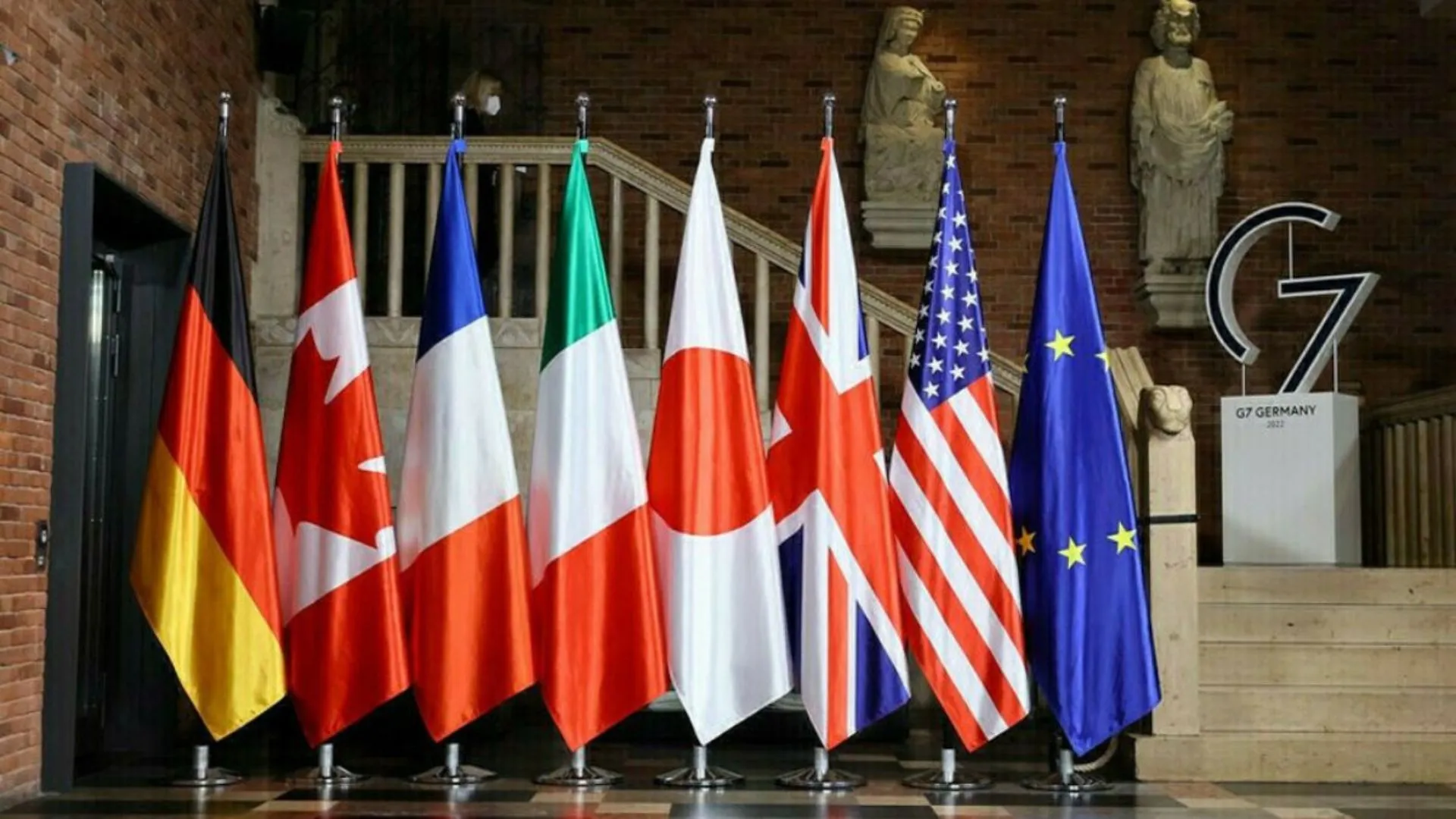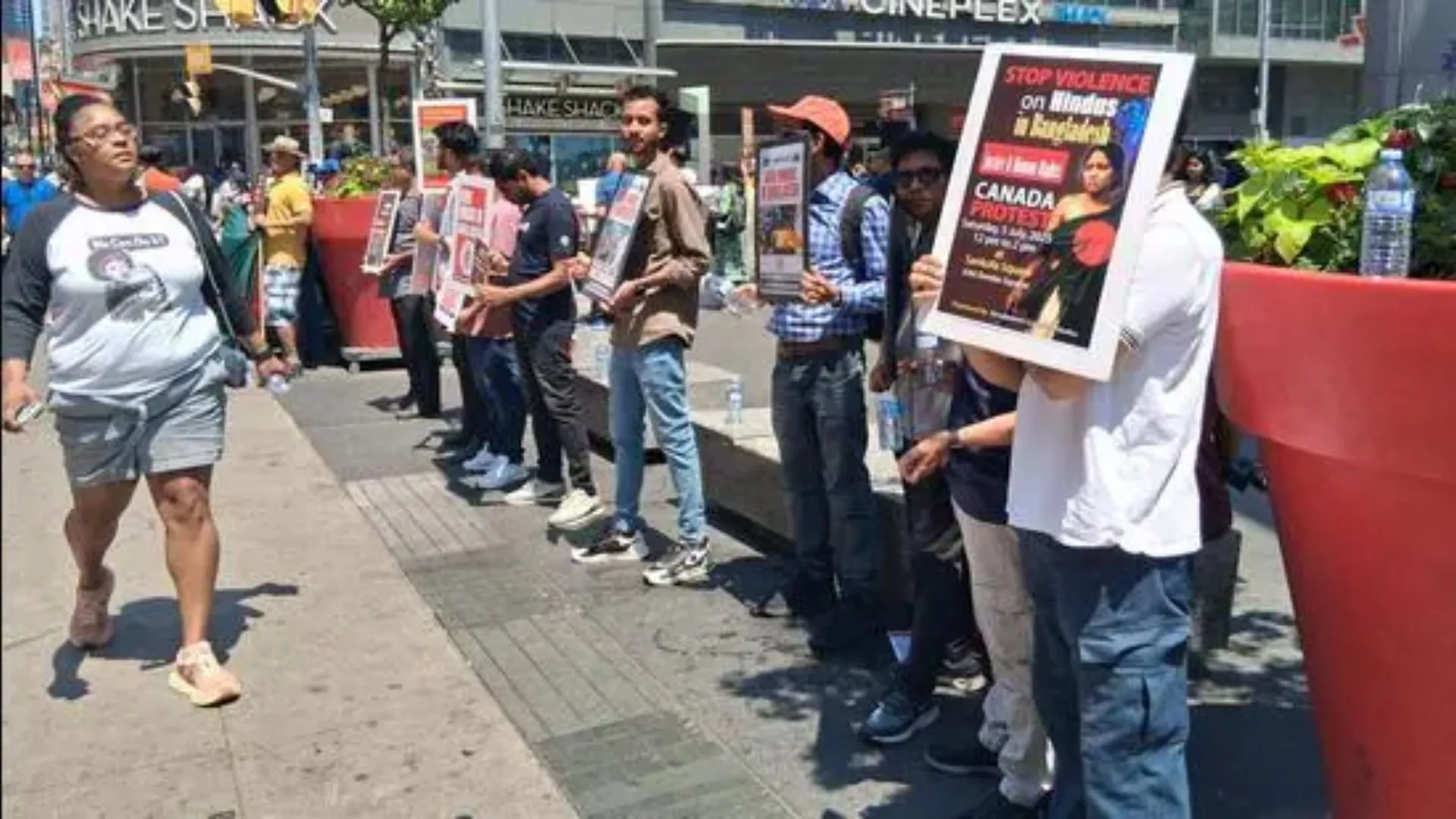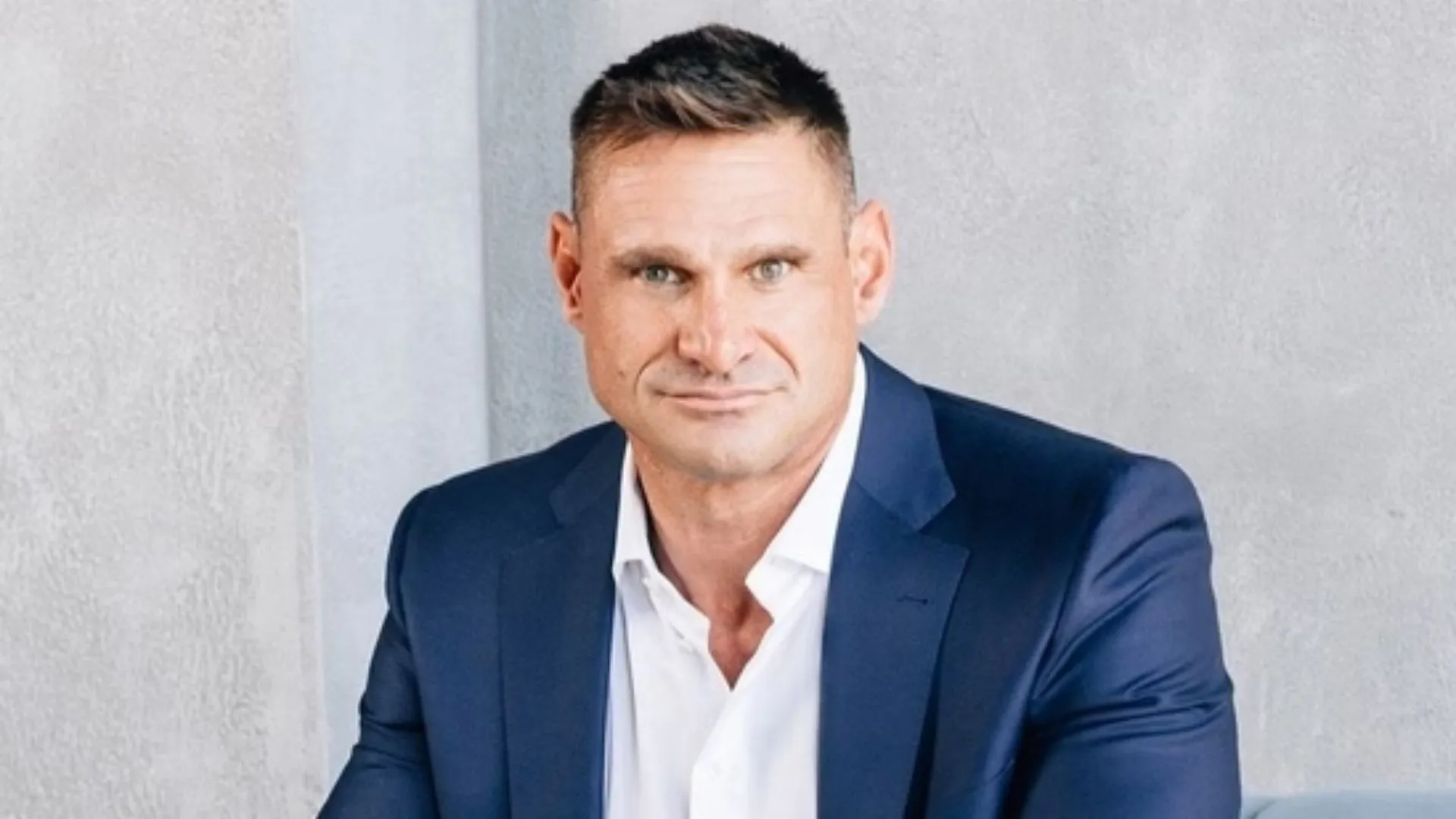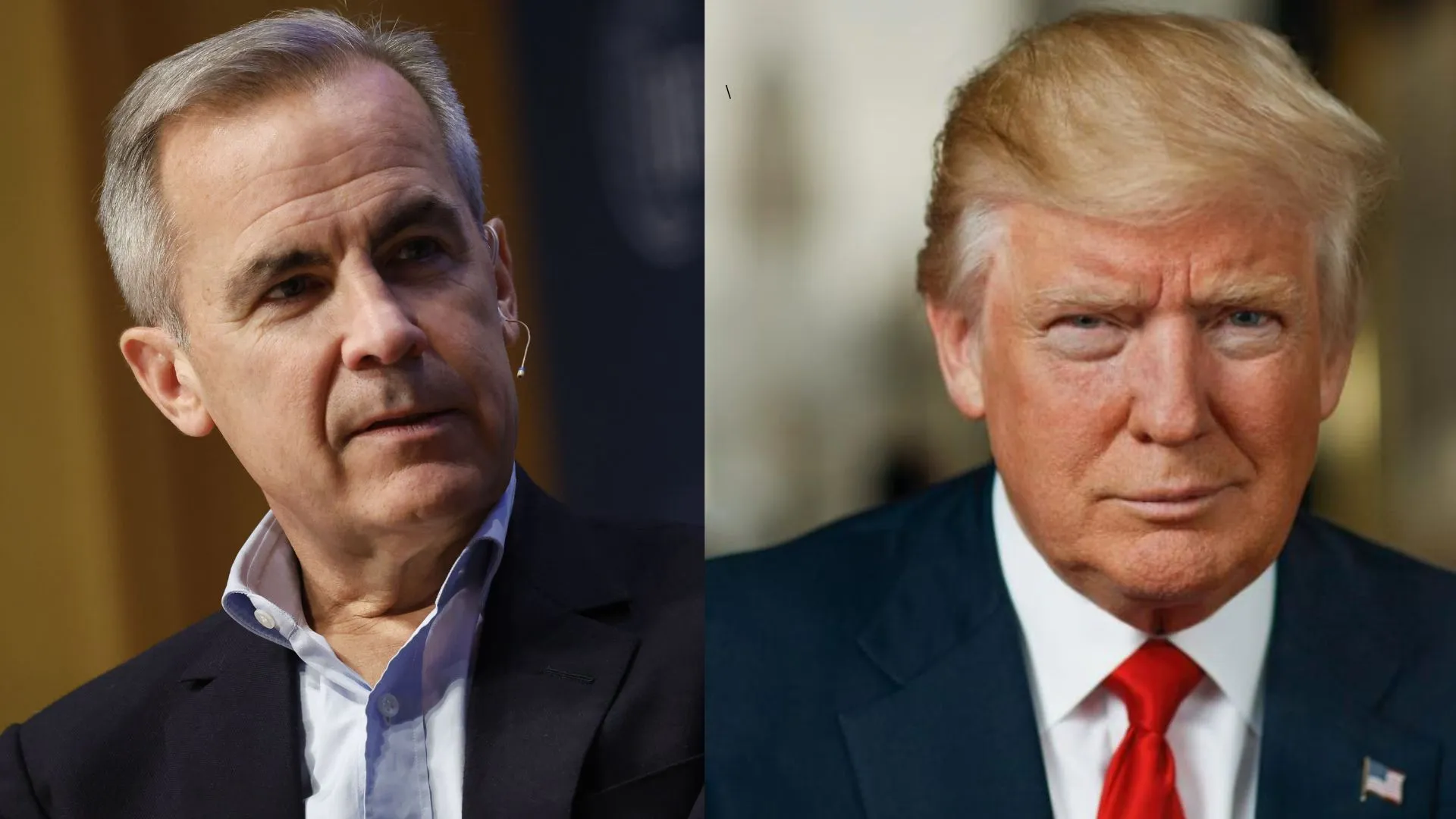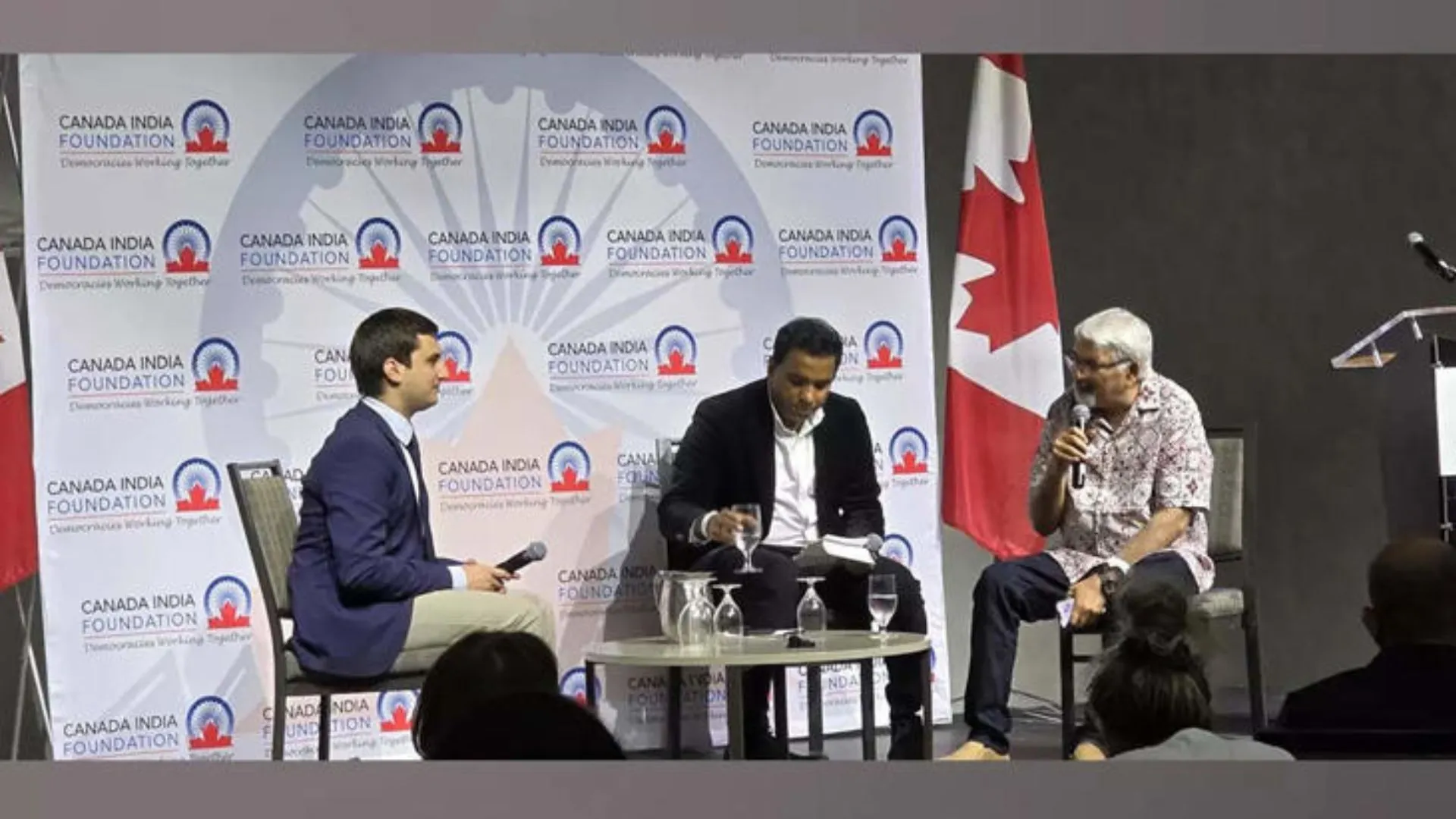Leaders of the Group of Seven (G7) nations have convened in Canada’s Canadian Rockies for a three-day summit beginning Sunday, as host country Canada seeks to avoid letting tensions with U.S. President Donald Trump get out of hand. The meeting is taking place at picturesque mountain resort of Kananaskis, about 90 kilometers west of Calgary.
Canadian Prime Minister Mark Carney has set out the summit’s central agenda to feature peace and security, creating jobs, and bolstering strategic supply chains of critical minerals. Global hotspots such as the conflict in Ukraine and the Middle East—and a resurgence of tensions over U.S. tariffs are predicted to be at center stage, though.
Diplomats explain that, in order to spare public confrontations, Canada has done away with the customary comprehensive joint communique. The nation will instead issue chair summaries at the conclusion of the summit, highlighting actions the seven member countries; Canada, France, Germany, Italy, Japan, the United Kingdom, and the United States—can collectively take.
Past Tensions Loom Large
Memories of the 2018 G7 summit, which Canada also hosted, remain fresh. During that event, Trump walked out in the middle of it and subsequently referred to then Prime Minister Justin Trudeau as ‘very dishonest and weak’, ordering the U.S. delegation to pull out its endorsement from the final communique.
This will be a good meeting if Donald Trump doesn’t have a meltdown that interrupts the whole thing. Anything more than that is gravy,” said Roland Paris, a professor of international affairs at the University of Ottawa and former foreign policy advisor to Trudeau.
Josh Lipsky, chairman of international economics at the Atlantic Council, made similar comments: “The best-case scenario. is that there’s no real blow-ups coming out of the back end.”
Carney’s office has not said how recent Israeli attacks on Iran, which have made Trump’s diplomatic position more difficult, will impact the tone of the summit.
Trump’s Global Role Under Scrutiny
As tensions continue to boil, the summit presents President Trump with an early challenge in navigating diplomatic relations. Max Bergmann, a director at the Center for Strategic and International Studies, explained, “The bigger questions up here is, essentially, is the United States committed to formats such as the G7? That is going to be the big test.”
Trump, who has been known to joke about annexing Canada, comes in the midst of ongoing trade tensions. Canada has threatened retaliations should U.S. tariffs on steel and aluminum not be removed.
A senior American official described the intended agenda for talks, which are on trade, the world economy, energy and cyber security for AI, drug and migrant trafficking, wildfires, and critical minerals. “The president is keen to pursue his objectives in all of these areas including making America’s trade relationships fair and reciprocal,” the official added.
Ukraine, Israel-Palestine Crisis, and International Strategy
The war in Ukraine is an ongoing concern. Although Trump said he could stop fighting with Russia in 24 hours, diplomatic missions under his administration have not succeeded. Ukraine, a traditional friend of Canada, will be attending the summit through President Volodymyr Zelenskiy.
As per a Ukrainian official who has been participating in the preparations for the summit, ‘success’ at the moment for Kyiv would be to have a friendly and constructive conversation between Trump and Zelenskiy. The official conceded expectations of a strong joint statement regarding Ukraine have fallen.
A European official cited the G7 and the next NATO summit in The Hague as critical junctures to press Trump to back a bipartisan sanctions bill intended to pressure Russia to the negotiating table. The bill is being sponsored by U.S. senators in tandem with a fresh European sanctions package.
French President Emmanuel Macron, who has been at odds with Trump over climate and Ukraine, said despite disagreements, he has ‘a good, but frank relationship’ with the American president.
Macron also announced that a United Nations summit hosted by France and Saudi Arabia aimed at promoting a two-state solution for Israelis and Palestinians has been delayed.
High-Level Participation and Bilateral Talks
Outside of the traditional G7 leaders, other leaders from nations like India, Mexico, Brazil, South Korea, Australia, South Africa, and Ukraine will be joining segments of the summit. Canadian Senator Peter Boehm, a veteran diplomat and Trudeau’s former personal emissary to the 2018 G7, explained that this year’s summit will last longer than the typical one-week period to allow time for bilateral meetings with Trump.
“Many will want to speak with President Trump on behalf of their own specific interests and concerns,” Boehm stated.
Canada would like to avoid any diplomatic flaps, but the summit is a turning point for world leaders to test Trump’s willingness to cooperate on key global challenges ranging from security and economic justice to war and climate diplomacy.

